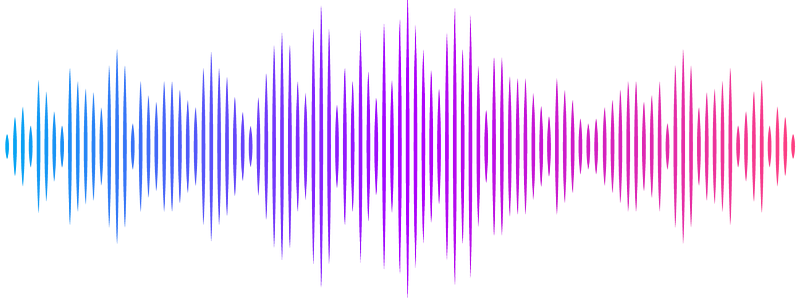Novel gut probiotic engages microbiota for recovery and pathobiont clearance while preventing inflammation

Novel gut probiotic engages microbiota for recovery and pathobiont clearance while preventing inflammation
Cabral, V.; Oliveira, R. A.; Correia, M. B.; Pedro, M. F.; Ubeda, C.; Xavier, K. B.
AbstractIntestinal inflammation is at the root of several acute and chronical diseases, many times with unclear etiology where the gut microbiota, genetic predisposition, and/or environmental conditions all play a role. Its recurrence locks patients in long-lasting disease cycles that greatly diminish quality of life and might lead to life-threatening conditions. Current treatments focus on attenuation of inflammatory episodes, through antibiotics or anti-inflammatory medication. However, while mitigating inflammation, such therapies also promote major changes in the intestinal microbiota with consequent loss of its beneficial functions, such as protection against pathogenic bacteria, leading to infections that can reactivate intestinal inflammation, resulting in relapse. Alternative and complementary treatments that can break the inflammation-treatment-infection-inflammation cycle are urgently needed as the next therapeutic breakthrough for intestinal inflammatory conditions. Here, we use an Inflammatory Bowel Disease (IBD) model that is susceptible to inflammatory episodes to demonstrate how the use of a protective native gut commensal bacterium can break the disease cycle. Our probiotic therapy, centered of the gut commensal bacterium Klebsiella sp. ARO112, can transiently colonize an imbalanced and infected microbiota, preventing the relapse of intestinal inflammation, by promoting a faster recovery of the gut microbial community. This ARO112-induced recovery is driven by the resurgence of native bacteria and butyrate production, halting the relapse of inflammation, and displacing the pathobiont Adherent and Invasive Escherichia coli (AIEC), thereby halting the disease cycle by avoiding the need for further treatments. This promising biotherapy could be used to break the inflammation-treatment-infection-inflammation cycle that traps most not only IBD patients, but also in many other inflammatory based conditions, allowing for their gut microbiota to recover from debilitating diseases and increasing their quality of life.